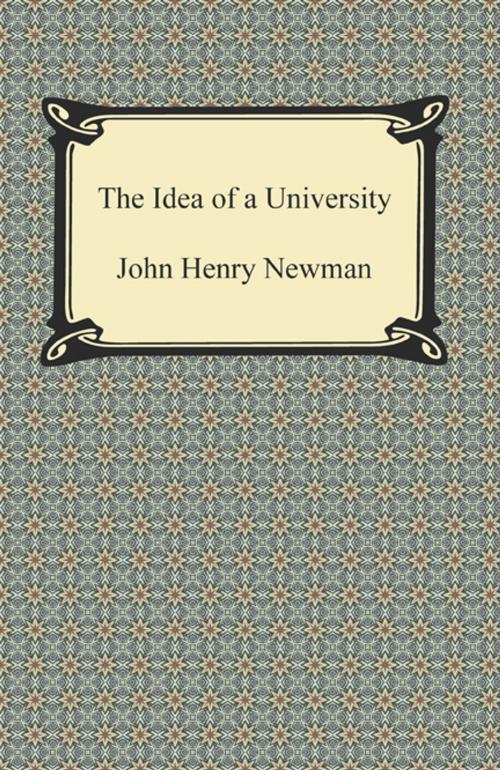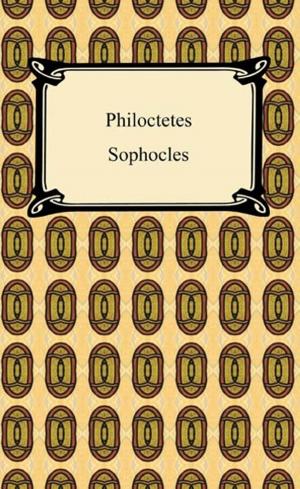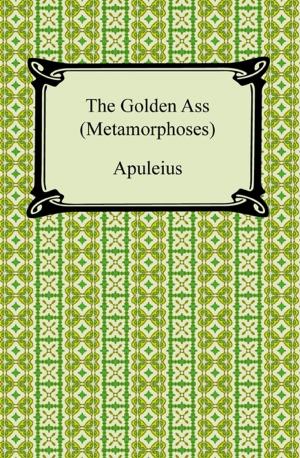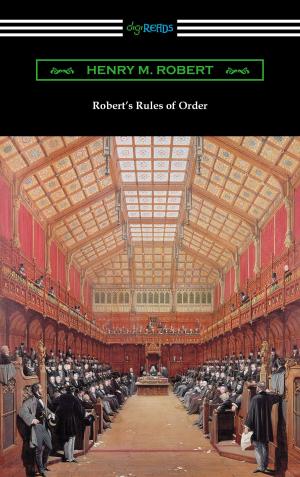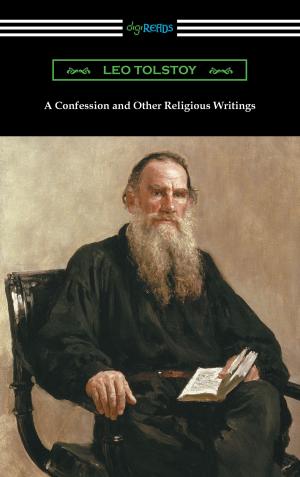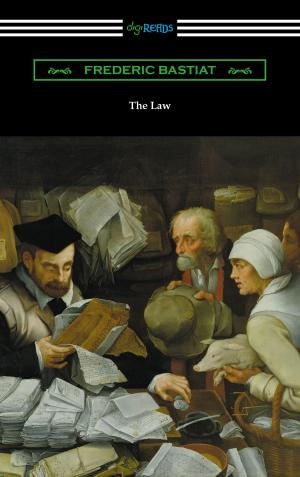The Idea of a University
Nonfiction, Reference & Language, Education & Teaching, Educational Theory, Philosophy & Social Aspects| Author: | John Henry Newman | ISBN: | 9781420907490 |
| Publisher: | Neeland Media LLC | Publication: | December 15, 2009 |
| Imprint: | Digireads.com Publishing | Language: | English |
| Author: | John Henry Newman |
| ISBN: | 9781420907490 |
| Publisher: | Neeland Media LLC |
| Publication: | December 15, 2009 |
| Imprint: | Digireads.com Publishing |
| Language: | English |
Cardinal John Henry Newman was a major figure in the Oxford Movement, a response by the members of the Church of England to a perceived attack by the reforming Whig administration who had already legislated a restructuring of the Church of Ireland. Members of the Oxford Movement feared the secular appropriation of ecclesiastical property and moved to assert their religious authority by returning the church to its Catholic origins. In 1854 John Henry Newman became the Rector of what would become University College, Dublin, a position he would remain in for four years. Based on his experiences as the leader of an educational institution he would publish a volume of lectures explaining his philosophy of education entitled "The Idea of a University." That work which is presented here is an early document of ideas around University education from the firsthand perspective of a man who had a hand in creating one. Religious and educational scholars alike will find much interest in this treatise by one of the most prominent of all religious literary figures.
Cardinal John Henry Newman was a major figure in the Oxford Movement, a response by the members of the Church of England to a perceived attack by the reforming Whig administration who had already legislated a restructuring of the Church of Ireland. Members of the Oxford Movement feared the secular appropriation of ecclesiastical property and moved to assert their religious authority by returning the church to its Catholic origins. In 1854 John Henry Newman became the Rector of what would become University College, Dublin, a position he would remain in for four years. Based on his experiences as the leader of an educational institution he would publish a volume of lectures explaining his philosophy of education entitled "The Idea of a University." That work which is presented here is an early document of ideas around University education from the firsthand perspective of a man who had a hand in creating one. Religious and educational scholars alike will find much interest in this treatise by one of the most prominent of all religious literary figures.
